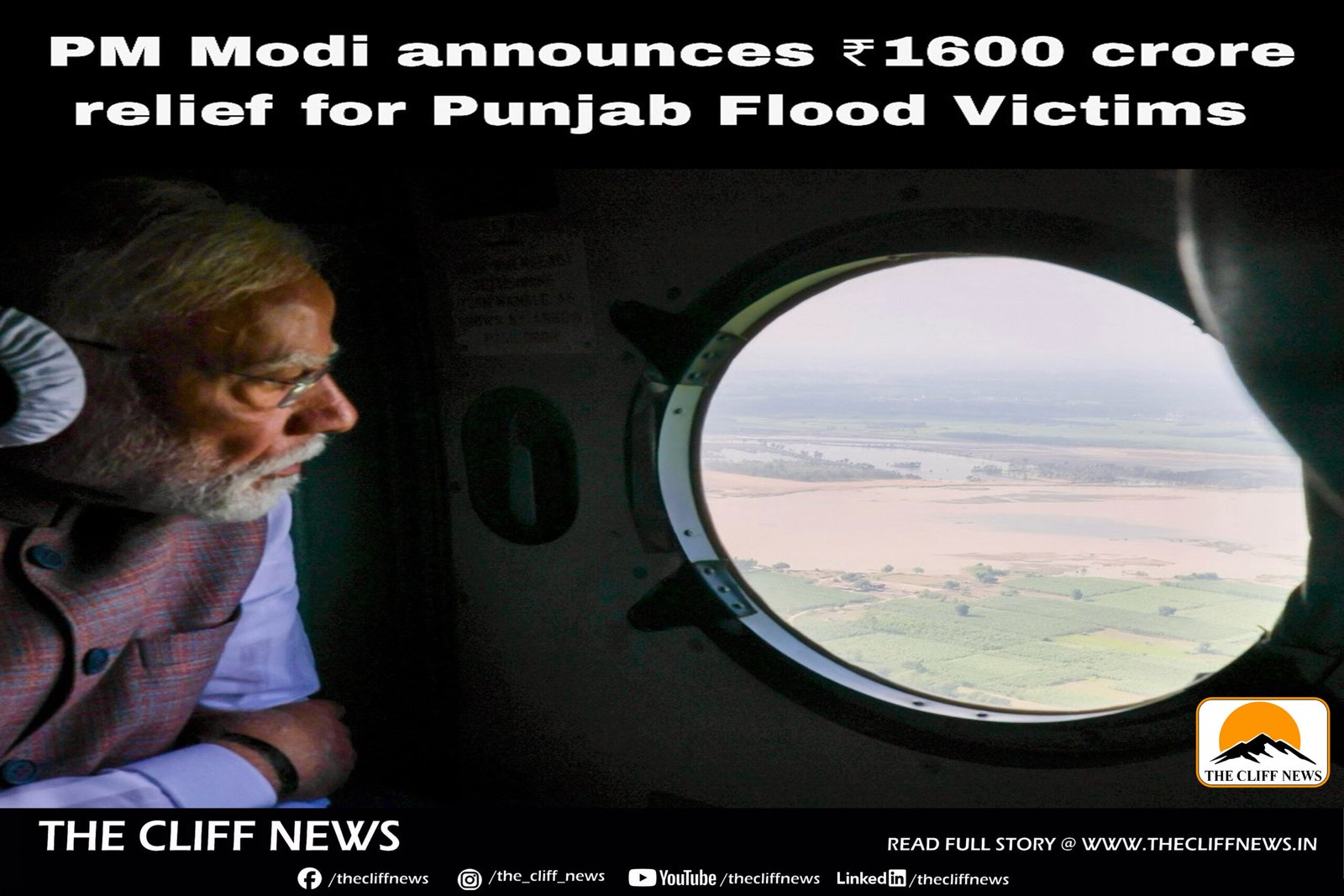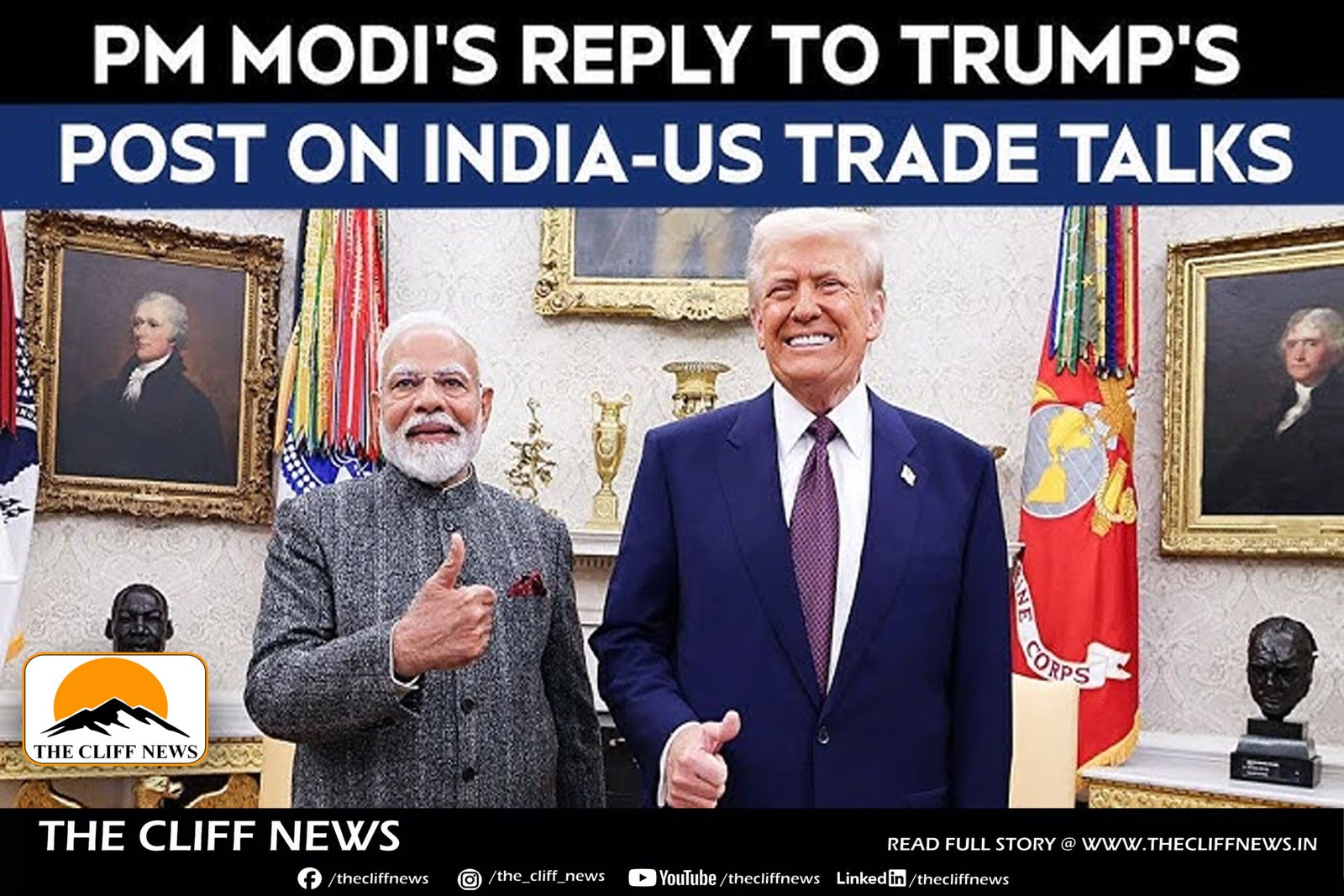The Jammu and Kashmir Police on Thursday released sketches of three suspects believed to be involved in the recent terror attack in Baisaran, near Pahalgam, which left 26 civilians dead. The attack, one of the deadliest on civilians in the region in recent years, claimed the lives of 25 Indian nationals and one Nepali citizen.
Two of the suspects—Hashim Musa alias Suleman and Ali Bhai alias Talha Bhai—have been identified as Pakistani nationals. The third, Abdul Hussain Thokar, is a resident of Jammu and Kashmir’s Anantnag district. All three are believed to be affiliated with the Pakistan-based terrorist organization Lashkar-e-Taiba. Authorities have announced a reward of ₹20 lakh for any credible information leading to their arrest.
The gruesome attack has triggered widespread outrage across India. Addressing his first public gathering since the incident, Prime Minister Narendra Modi issued a forceful warning to those responsible. “India will identify, track and punish every terrorist and their backers. We will pursue them to the ends of the earth. India’s resolve will not falter. Terrorism will not go unpunished,” PM Modi declared during his speech in Bihar.
In response to the attack, the Cabinet Committee on Security (CCS), chaired by PM Modi, convened an emergency session and announced five strong retaliatory measures aimed at Pakistan:
- Diplomatic Downgrading: Both India and Pakistan will reduce their high commission staff strength from 55 to 30 by May 1. Military, naval, and air advisors in the Pakistani High Commission in New Delhi have been declared persona non grata and must leave within a week. India will also withdraw its military advisors from Islamabad.
- Visa Restrictions: All Pakistani nationals will be barred from entering India under the SAARC Visa Exemption Scheme (SVES). Visas issued under this scheme are now invalid, and current holders must exit the country within 48 hours.
- Border Closure: The Attari-Wagah land crossing, the only land border open for civilian movement between India and Pakistan, has been shut with immediate effect. Pakistani citizens currently in India with valid permits must return by May 1.
- Indus Water Treaty Suspended: India has suspended the 1960 Indus Water Treaty, placing pressure on Pakistan to end state-sponsored terrorism.
- Public Protest and International Outreach: Earlier today, large-scale protests erupted outside the Pakistan High Commission in New Delhi, demanding accountability. Meanwhile, Indian diplomatic missions worldwide have been directed to highlight Pakistan’s continued sheltering of terror networks.
The developments mark a significant escalation in India’s diplomatic and strategic posture following the Pahalgam attack. As the nation grieves, the hunt intensifies for the perpetrators, with security agencies vowing to bring them to justice swiftly and decisively.



